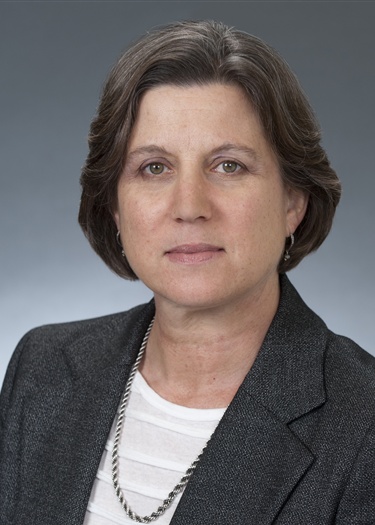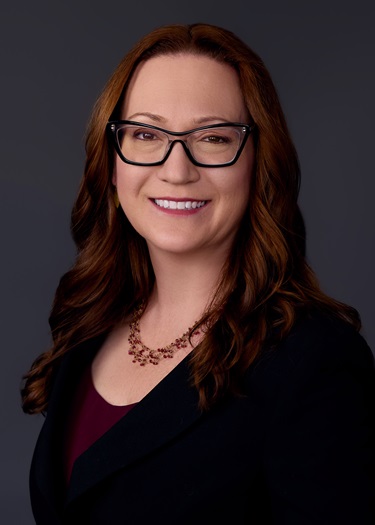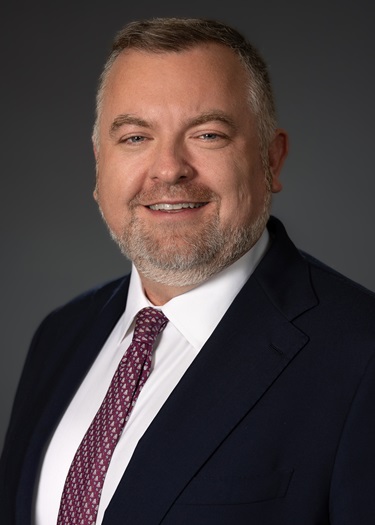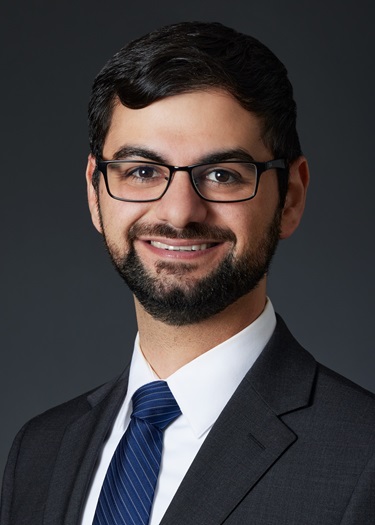On December 27, 2022, Sidley obtained a stipulated post-trial dismissal on behalf of Renée James, the Chair of a Special Committee of the Oracle Board, in shareholder litigation arising out of Oracle’s US$9.3 billion acquisition of NetSuite. This decision followed a 10-day bench trial in July and August 2022, where Sidley served as lead counsel for James.
Prior to trial, Sidley obtained dismissals for all of its clients other than James. The outside directors of the Oracle Board (including the other Special Committee members—former Director of the CIA and Secretary of Defense, Leon Panetta and former CEO of Akamai, George Conrades) were dismissed, as were the estate of CEO Mark Hurd and Vice Chairman Jeff Henley.
Because of Larry Ellison’s substantial investment in NetSuite, a Special Committee (chaired by James) was formed to independently evaluate the transaction. Plaintiffs asserted a claim that James violated her fiduciary duties to Oracle by allegedly conspiring with Larry Ellison and Safra Catz to run an acquisition process that Plaintiffs claimed led to Oracle overpaying for NetSuite. Plaintiffs further claimed that James was willing to engage in these alleged practices in exchange for Ellison allegedly using his influence in the technology industry to help her secure a future CEO position.
While the claims against James were baseless, Plaintiffs continuously pursued their case, surviving a motion to dismiss and motion for summary judgment in light of what Vice Chancellor Glasscock described as “plaintiff-friendly” standards for those motions. In order to achieve vindication and put an end to attacks on her character, James proceeded to trial. Under the framework set forth in In re Cornerstone Stockholder Litig., 115 A.3d 1173 (Del. 2015). to evaluate non-exculpated claims of the duty of loyalty for directors, Plaintiffs were required to show - and failed to show - that James was beholden to Ellison and Catz because of her alleged career aspirations, and that she acted to advance Ellison’s interests over those of Oracle’s.
Sidley presented evidence at trial, including two days of trial testimony by James, that James was both independent and ran a thorough process for evaluating and approving the transaction in coordination with the other members of the Special Committee. This process included 15 Special Committee meetings, in which the Committee undertook an in-depth evaluation of both the strategic rationale for the transaction and price negotiation strategy in consultation with independent financial and legal advisors. Evaluating the evidence, Vice Chancellor Glasscock, at post-trial oral argument on November 18, 2022, stated that the evidence at trial did not support any finding of liability against James and that there was no evidence that James was beholden to either Ellison or Catz. Following oral argument and in light of the Court’s statements, Plaintiffs voluntarily dismissed James from the case.
This case raised important questions with respect to director independence, the standard of review for the conduct of directors who are part of a special committee where there is an interested-party transaction, and the application of an exculpatory charter provision in this context. On independence, Plaintiffs raised and failed to support their unique and factually misplaced theory that a director could be beholden to a controller based merely on career aspirations to become a CEO in the technology industry and an alleged need for the controller’s support in obtaining such a position. The case was also procedurally unique because the board appointed a Special Litigation Committee to consider the plaintiffs’ claims following denial of the demand futility motion to dismiss. After investigating the claims for over a year, the Special Litigation Committee gave the claims back to the plaintiffs to pursue. Finally, this case was also particularly unusual as Plaintiffs, rather than wait for a ruling, opted instead to stipulate to a dismissal following the conclusion of trial and post-trial argument.
The team included lead lawyers Sara Brody (San Francisco/Palo Alto), Jaime Bartlett (San Francisco), and Matthew Dolan (Palo Alto), as well as managing associate Stephen Chang, and associates Jennifer Lee and Chaddy Georges (all in San Francisco).
Prior to trial, Sidley obtained dismissals for all of its clients other than James. The outside directors of the Oracle Board (including the other Special Committee members—former Director of the CIA and Secretary of Defense, Leon Panetta and former CEO of Akamai, George Conrades) were dismissed, as were the estate of CEO Mark Hurd and Vice Chairman Jeff Henley.
Because of Larry Ellison’s substantial investment in NetSuite, a Special Committee (chaired by James) was formed to independently evaluate the transaction. Plaintiffs asserted a claim that James violated her fiduciary duties to Oracle by allegedly conspiring with Larry Ellison and Safra Catz to run an acquisition process that Plaintiffs claimed led to Oracle overpaying for NetSuite. Plaintiffs further claimed that James was willing to engage in these alleged practices in exchange for Ellison allegedly using his influence in the technology industry to help her secure a future CEO position.
While the claims against James were baseless, Plaintiffs continuously pursued their case, surviving a motion to dismiss and motion for summary judgment in light of what Vice Chancellor Glasscock described as “plaintiff-friendly” standards for those motions. In order to achieve vindication and put an end to attacks on her character, James proceeded to trial. Under the framework set forth in In re Cornerstone Stockholder Litig., 115 A.3d 1173 (Del. 2015). to evaluate non-exculpated claims of the duty of loyalty for directors, Plaintiffs were required to show - and failed to show - that James was beholden to Ellison and Catz because of her alleged career aspirations, and that she acted to advance Ellison’s interests over those of Oracle’s.
Sidley presented evidence at trial, including two days of trial testimony by James, that James was both independent and ran a thorough process for evaluating and approving the transaction in coordination with the other members of the Special Committee. This process included 15 Special Committee meetings, in which the Committee undertook an in-depth evaluation of both the strategic rationale for the transaction and price negotiation strategy in consultation with independent financial and legal advisors. Evaluating the evidence, Vice Chancellor Glasscock, at post-trial oral argument on November 18, 2022, stated that the evidence at trial did not support any finding of liability against James and that there was no evidence that James was beholden to either Ellison or Catz. Following oral argument and in light of the Court’s statements, Plaintiffs voluntarily dismissed James from the case.
This case raised important questions with respect to director independence, the standard of review for the conduct of directors who are part of a special committee where there is an interested-party transaction, and the application of an exculpatory charter provision in this context. On independence, Plaintiffs raised and failed to support their unique and factually misplaced theory that a director could be beholden to a controller based merely on career aspirations to become a CEO in the technology industry and an alleged need for the controller’s support in obtaining such a position. The case was also procedurally unique because the board appointed a Special Litigation Committee to consider the plaintiffs’ claims following denial of the demand futility motion to dismiss. After investigating the claims for over a year, the Special Litigation Committee gave the claims back to the plaintiffs to pursue. Finally, this case was also particularly unusual as Plaintiffs, rather than wait for a ruling, opted instead to stipulate to a dismissal following the conclusion of trial and post-trial argument.
The team included lead lawyers Sara Brody (San Francisco/Palo Alto), Jaime Bartlett (San Francisco), and Matthew Dolan (Palo Alto), as well as managing associate Stephen Chang, and associates Jennifer Lee and Chaddy Georges (all in San Francisco).




